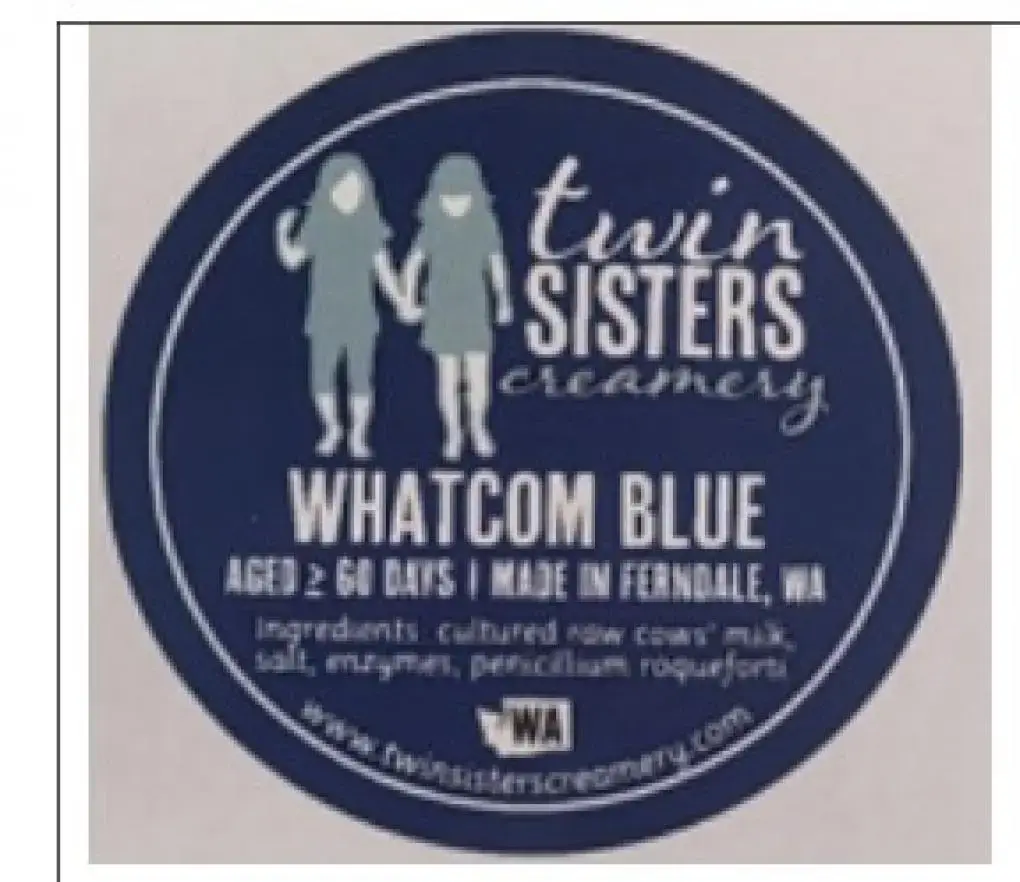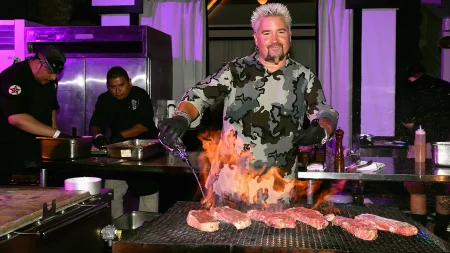Twin Sisters Creamery Recalls Cheese Products Due to E. Coli Contamination
In a concerning development for cheese lovers across the Pacific Northwest, Washington-based Twin Sisters Creamery has voluntarily recalled several of its artisanal cheese products after laboratory testing revealed potential contamination with dangerous strains of E. coli bacteria. The recall affects their Whatcom Blue, Farmhouse, Peppercorn, and Mustard Seed cheese varieties – all handcrafted products that have garnered the small creamery a devoted following. According to the company’s press release, a third-party laboratory confirmed the presence of Shiga toxin-producing Escherichia coli (STEC) and E. coli O103 in certain cheese samples, prompting immediate action from the creamery. These products, made from raw, unpasteurized milk and aged for at least 60 days, were shipped to distributors throughout Washington and Oregon between late July and October 22, potentially finding their way to countless dinner tables, restaurant plates, and cheese boards across multiple states.
The health implications of this contamination are particularly troubling, as these strains of E. coli can pose serious health risks, especially to vulnerable populations. Both STEC and E. coli O103 can cause severe gastrointestinal distress including painful stomach cramps, diarrhea, and vomiting. For young children, elderly individuals, and those with compromised immune systems, these infections can become life-threatening. Of particular concern is the potential development of Hemolytic Uremic Syndrome (HUS), a serious complication that can lead to kidney damage or even complete kidney failure. This condition primarily affects children under five years of age but can occur in anyone exposed to these dangerous bacterial strains. The severity of these potential health outcomes explains why food safety officials and Twin Sisters Creamery are treating this recall with such urgency and thoroughness.
The scope of the recall expanded when it became clear that the contaminated products may have reached consumers beyond the initial distribution area. Food distributor Peterson Company issued its own recall notice for Twin Sisters-branded Whatcom Blue and Farmhouse Cheese products that they had further distributed to retailers, food businesses, caterers, and restaurants throughout an even wider region that includes Colorado and Idaho, in addition to Oregon and Washington. Specific batch codes have been identified to help consumers recognize affected products: Whatcom Blue cheese (250527B, 250610B, 250618B, 250624B), Farmhouse cheese (250603F, 250616B), Peppercorn cheese (250603P), and Mustard Seed cheese (250616M). Peterson Company has also published manufacturer codes for their distributed products, including Whatcom Blue cheese (793511, 781511, 775511, 761511) and Farmhouse cheese (765511, 752511, 738511, 726511). These detailed identifiers are crucial for ensuring that all potentially contaminated products are removed from circulation.
As of October 27, health officials have reported three cases of E. coli O103 infection in Oregon and Washington, with one case directly linked to the Farmhouse cheese product. While the number of confirmed illnesses remains relatively small, public health experts know that foodborne illness outbreaks often represent just the tip of the iceberg, with many cases going unreported or misdiagnosed. The voluntary nature of Twin Sisters Creamery’s recall demonstrates responsible business practice in the face of potential public health concerns. Rather than waiting for additional illnesses to be reported or for regulatory agencies to mandate action, the company proactively initiated the recall process upon receiving the laboratory confirmation of contamination. This swift response may well prevent additional cases from occurring as contaminated products are removed from the market.
Both Twin Sisters Creamery and Peterson Company have issued clear guidance to consumers and businesses who might have purchased or received the affected cheese products. Their advice is unequivocal: do not eat these cheeses. Anyone who has purchased the recalled products should dispose of them immediately and thoroughly clean and sanitize any surfaces that may have come into contact with the cheese. For consumers with concerns about possible exposure or symptoms, consulting with a healthcare professional is recommended. The companies are also offering full refunds to customers who have purchased the recalled products. This comprehensive approach – identifying specific products at risk, providing clear disposal instructions, recommending sanitation procedures, and offering financial remedies – represents best practices in food recall situations, putting consumer safety above all other considerations.
For those seeking additional information or having specific questions about the recall, Twin Sisters Creamery has established a dedicated phone line (360-656-5240) operating Tuesday through Saturday from 11 a.m. to 5 p.m. Pacific Time. Similarly, Peterson Company can be reached at (800) 735-0313 extension 2101. This recall serves as a sobering reminder of the inherent risks associated with certain food products, particularly those made from raw or unpasteurized ingredients. While many artisanal cheese makers take extraordinary precautions to ensure the safety of their products, the natural presence of bacteria in raw milk creates an inherent vulnerability that even the most careful aging and production processes cannot completely eliminate. For consumers who enjoy these specialty products, staying informed about recalls and understanding the potential risks, particularly for vulnerable household members, remains an essential aspect of food safety in our increasingly diverse and artisanal food landscape.















